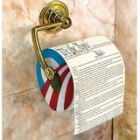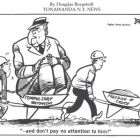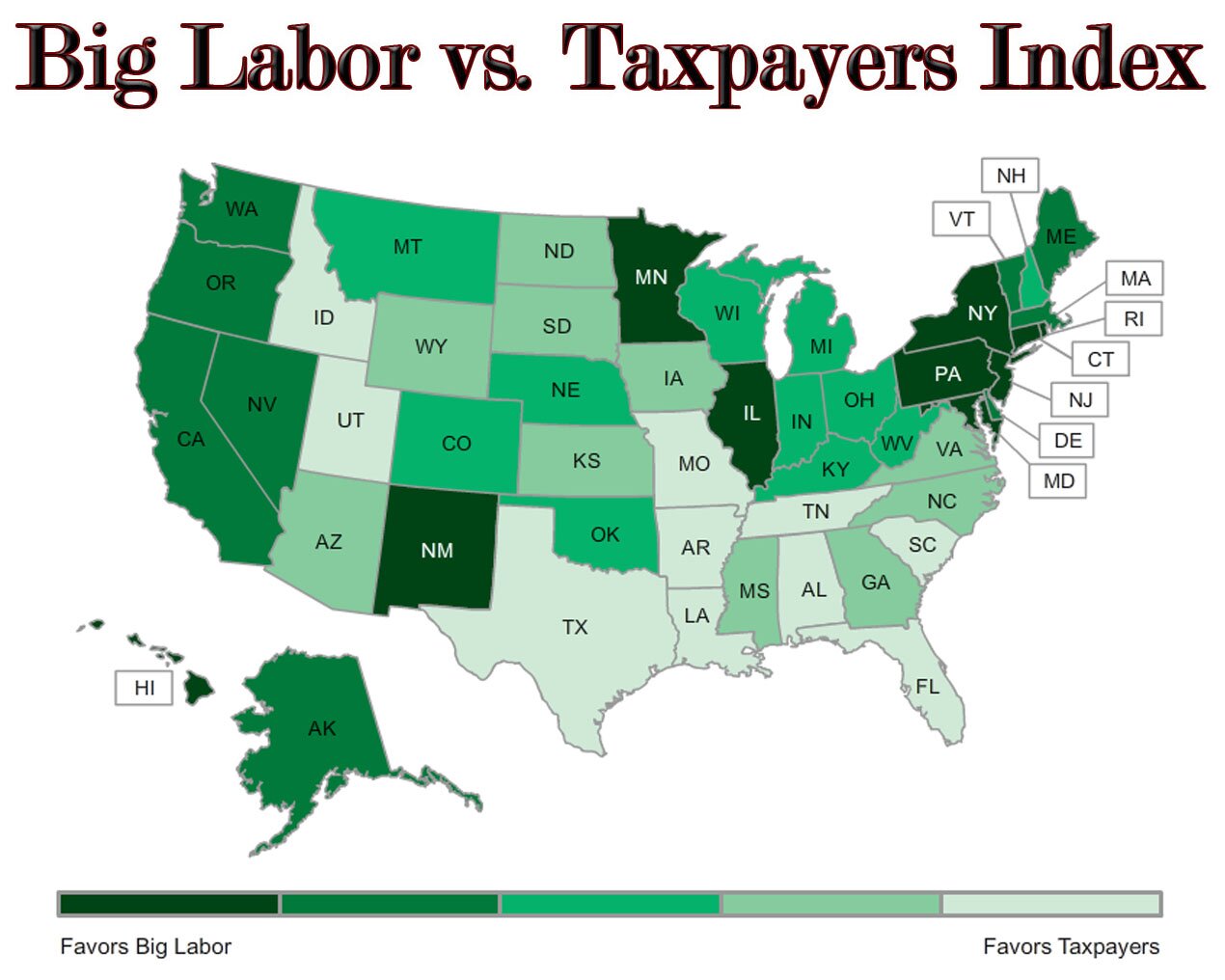New York: Rank 50
Pension Liability - Total $146.7 billion6 - Per household $2,2501
 Union Membership Density:
Union Membership Density:
- Total-24.2%
- Private Sector-13.7%
- Public Sector-70.5%
Right to Work:
- Forced unionism
Government Sector Collective Bargaining Laws:
- Police/Fire: Public Employees’ Fair Employment Act
- State: Public Employees’ Fair Employment Act
- Education: Public Employees’ Fair Employment Act
- Municipal: New York City Employees
Paycheck Protection Law:
- No Provision
Secret Ballot Protection:
- No Provision
 Forced Card Check:
Forced Card Check:
- PERB § 201.9(g)
- State Code § 705
Government Sector Binding Arbitration Provisions:
- State: NY Consolidated Laws, CVC, Article 14, 209
- Police: NY Consolidated Laws, CVC, Article 14, 209
- Fire: NY Consolidated Laws, CVC, Article 14, 209
- Teachers: NY Consolidated Laws, CVC, Article 14, 209
Public Access to Government Bargaining Sessions:
- N.Y. Pub. Off. Law § 105(1)(e) (Government can eliminate public access)
 Encourage Project Labor Agreements:
Encourage Project Labor Agreements:
Government Employee Strike Policy:
- State: (Prohibited) Civil Service Law § 209
- Police: (Prohibited) Civil Service Law § 209
- Fire: (Prohibited) Civil Service Law § 209
- Teachers: (Prohibited) Civil Service Law § 209
Public Sector Unions in New York
Over the last 45 years, thanks to labor friendly legislation and increasingly powerful unions, New York’s state and local government jobs have grown at more than twice the rate of private-sector employment. The average pay of state and local government workers is higher than that of private-sector workers in almost all regions in the state.
Public sector unions have become largely influential political contributors, the effects of which can be seen by how well they’ve been able to protect those advantages that have helped them to become so influential.
New York’s fiscal situation is as dire as many around the country. However, several obstacles to reducing spending and improving New York’s economy could be overcome by implementing policies that would continue to protect the interests of public sector workers while more aptly protecting the interests of New York’s taxpayers.
Recommendations for New York:
- Reaffirm the principle that public employees have no “right” to strike, preserving the no-strike penalties in the Taylor Law, including the 2-for-1 penalty for workers that go on strike.
- Modify the Triborough Amendment, which, among other provisions, prohibits public employers from altering an expired labor agreement until a new agreement is reached. This has the effect of giving public sector unions an unfair bargaining advantage because they can continue to receive benefits and pay increases until a new contract is reached, leaving little motivation to give into concessions and compromise.
- Release proposed collective bargaining agreements publicly before they are enacted, allowing for public review and comment.
- Modify existing regulations to ensure that compulsory arbitration takes a comprehensive look at an employer’s or community’s ability to pay.
- Reverse the practice of negotiating for subcontracting and reassignment of union work. The ultimate decision should be left to elected officials who ultimately are responsible for managing costs and delivering goods.
- Repeal automatic dues check-off.
Resources:
Taylor Made: The Cost and Consequences of New York’s Public-Sector Labor Laws
 Free Market Policy Organizations Push Back against Stealth Unionization Campaign
Free Market Policy Organizations Push Back against Stealth Unionization Campaign
 Could Indiana’s Right to Work Law Mean Trouble For Neighboring States?
Could Indiana’s Right to Work Law Mean Trouble For Neighboring States?
 Wrong way, Illinois: Unemployment rate increased most in the nation in 2011
Wrong way, Illinois: Unemployment rate increased most in the nation in 2011
 Wisconsin union holding federal funds hostage
Wisconsin union holding federal funds hostage





